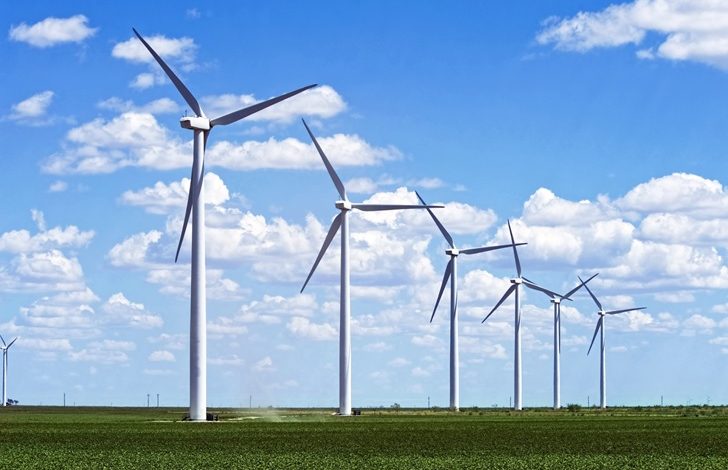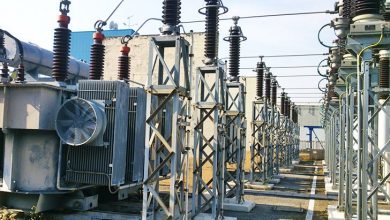Wind vs Solar Power: What You Need to Know

Wind vs solar is a debate that many people have strong opinions about. Unlike most homeowners who may not have an option, many municipalities and corporations looking to be more responsible in their energy plan may.
Which wins out between the two? Keep reading to find out the top advantages and disadvantages of each technology.
Wind vs Solar Benefits
One of the first benefits is jobs. Both solar power and wind power generate jobs before they begin to generate electricity. Common fabricators like All Metals Fabricating (ametals.com) specialize in oil, gas, and renewable energy technology fabrication.
This familiarity with the technology among fabricators across the nation is a bonus for an energy plan that has to adjust and adapt to a rapidly changing electrical grid.
Wind Benefits
Wind power is harnessed and generates electricity at all times of day or night.
Per unit of wind turbine compared to a corresponding solar farm, less land area is taken up. Following up on that, wind turbines can and are often built off-shore as well.
In addition, wind turbines produce less pollution during operation and fabrication than solar power (currently) does.
Solar Benefits
Solar gives a more predictable energy output and pattern compared to wind.
Geographically, it’s available for use in almost every latitude where many people live.
Solar panels don’t need to be built on the ground. In fact, many are installed on the sides of buildings and rooftops, without impacting the land area. Solar power panels are less noticeable than wind power for this reason.
Additionally, solar panels have an almost silent operation. They also require almost no maintenance once they’re installed.
Solar vs Wind Drawbacks
One disadvantage they both share is an aging power grid. For example, the US Dept of Energy estimates that 35% of US supply in 2050 can come from wind power only by adding transmission lines. Of course, improved grids and transmission lines also benefit solar power that’s grid-tied as well.
Disadvantages of Wind Power
Wind power is unpredictable. When the wind is blowing, you get ample energy but when it’s not you get nothing.
Turbines kill flying wildlife since the blades come at an awkward angle and at high speeds over 180 mph. These high speeds also create a lot of strain on the system itself, which necessitates a lot of ongoing maintenance.
Also, there is an incredible number of moving parts and greater engineering needs to make sure it all works together smoothly. Wind turbine blades are expensive and need to get replaced from time to time.
Not every region gets enough wind to make wind power feasible or economically responsible.
Disadvantages of Solar Power
Solar doesn’t produce noticeable power at night times. This also includes latitudes of the world that receive no sunlight for long periods of the day.
Even with plummeting solar panel prices, improvements in technology, greater efficiency, and federal subsidies, upfront costs of solar power are expensive.
Solar panels harvest less energy than wind turbines do and need to store the energy that’s not used during the day in batteries for overnight use. Batteries are currently a source of pollution, economic strain, and social controversy.
Working Together to Fight Climate Change
Instead of the wind vs solar power debate, the global conversation needs to get focused more on a marriage of wind and solar for a diversified energy plan. No one energy source will be a holy grail, no matter how much people wish that fusion energy will happen in time to stop climate change.
Want to know more than this small slice of the energy challenge the US and the world are facing? Keep browsing for more on global energy and how you can be a part of the solution.
https://www.simplyswitch.com/energy/guides/what-to-do-if-you-are-in-debt-to-your-energy-supplier/ is a company that helps consumers switch to cheaper energy suppliers. They offer a wide range of services such as switching your supplier online or over the phone, as well as advice on how to save money on your electricity bills.






